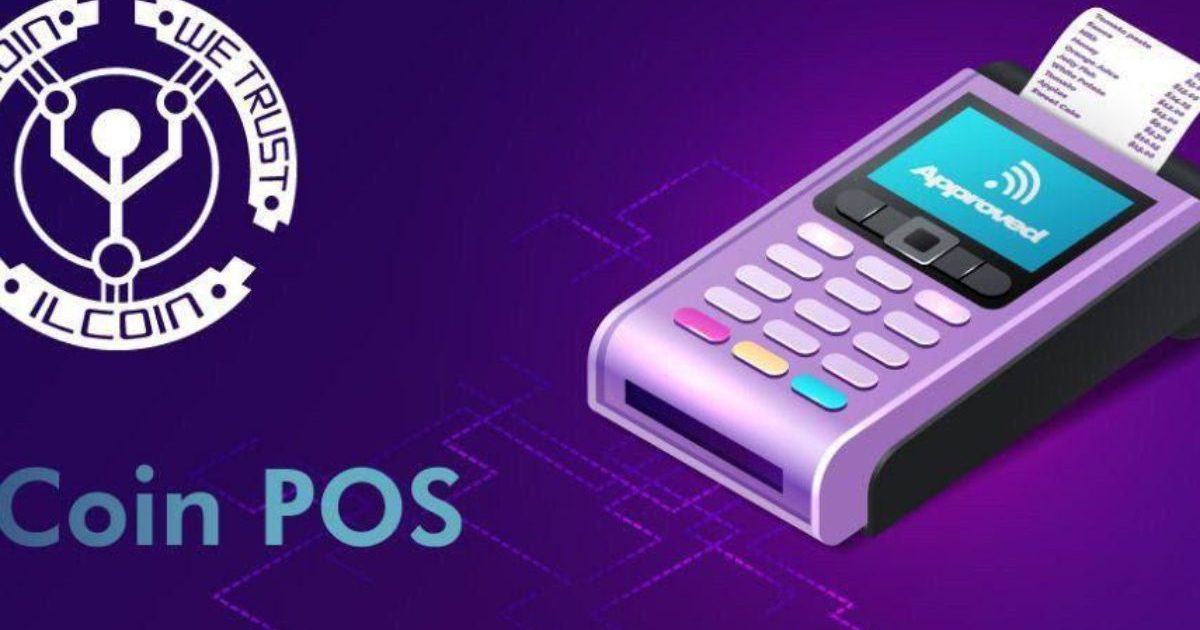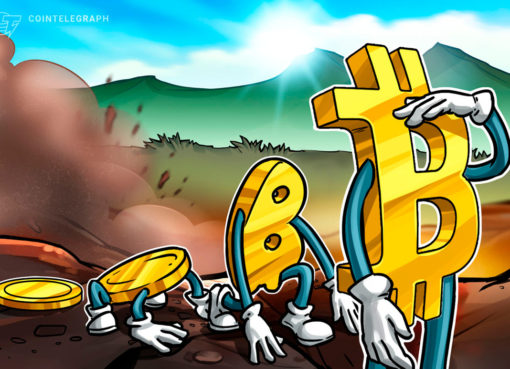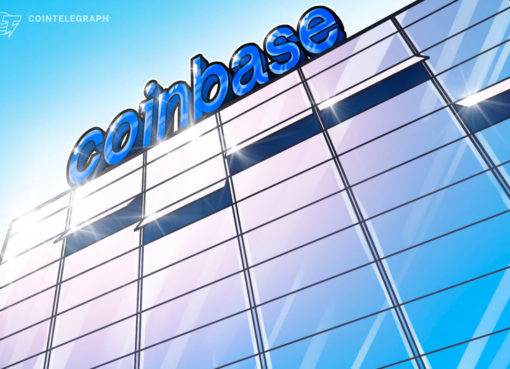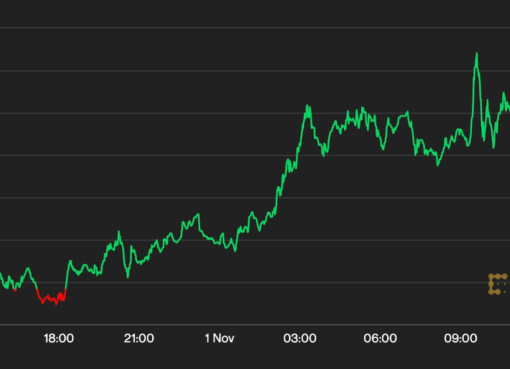The grip of cryptocurrencies and their underlying blockchain infrastructure is slowly but surely gaining a foothold in our world. Businesses are increasingly turning to decentralized solutions for improving the efficiency of their operations and cutting costs. But the solutions available now are no longer coping with the requirements that modern operations and future outlooks on the applications of decentralized systems are placing on the infrastructure.
Major cryptocurrencies are proving their limited natures with Bitcoin’s maximum size of 1MB per block and capacities of 3-4 transactions per second (TPS), which are woefully insufficient to cater to the requirements that businesses are placing before blockchains. But there seem to be possible options on the horizon as Layer2 solutions, the RIFT protocol and other contenders for the crown of the savior of decentralized systems are stepping up with their offerings.
What’s Wrong With the Now?
The year 2019 saw massive integration of blockchain technologies into business by some industry leaders like Microsoft, IBM, Oracle, Walmart and many others. Such a progressive take on the application of the technology spurred heightened demand for decentralized solutions among the heavyweights like JPMorgan, Wells Fargo and others. But the influx of highly demanding and transaction-intensive industries onto the blockchain market also revealed that the current infrastructure is incapable of supporting a critical mass of users, nor can it properly interact within itself.
Interoperability among blockchains was highlighted by the World Trade Organization as a fundamental challenge holding back the adoption of the technology. The solutions being offered in the form of Hyperledger or the Lightning Network are still struggling or considered to be at the embryonic stage of development. But with the volume of transactions growing, the need for action on this front is becoming more acute. If nothing is done quickly, the backlog of transactions will be consuming more time and will thus be negating one of the main advantages of decentralization – fast transactions. And if users start abandoning the technology as a failed experiment, coins and tokens will depreciate and ruin the blockchain industry for good.
2020 May Become the Year of Salvation
If interoperability issues remain unresolved, one of the greatest fears of crypto enthusiasts will materialize, as it will prove that centralization has prevailed as the only functioning system.
A solution was recently proposed by Ripple. The platform is claiming that its solutions can rival Visa in the volume of transactions, while Ethereum is still struggling with its 15 TPS after the troubled and delayed Istanbul upgrade. Vitalik Buterin recently proposed the Plasma Cash scaling solution that would let users focus on blocks of interest to them and thus optimize data transmission while at the same time increasing security and sifting out fraudulent transactions.
The second layer Lightning Network operating on top of the blockchain is also being circulated as a solution for interoperability and scaling issues. The theory behind it is promising with its unlimited transaction processing capabilities and final balance additions only after all transactions are completed.
These and other solutions are all slowly creeping towards finality in 2020 as businesses are becoming more demanding, the volume of transactions grows and the hour of reckoning for the entire blockchain industry is nigh.
RIFT Protocol Shows That Blockchain Is Scalable
Looking at pretty would-be solutions walking down the industry street is fine, but the economy is asking for results, not promises. A likely remedy for the scaling and interoperability issues plaguing the networks of today may well be in sight in 2020 as in December of 2019, IlCoin successfully launched a 5 GB block (block # 310280) powered and RIFT protocol-based blockchain tailored for adoption by the finance and high-tech industries. The idea behind the project’s undertaking is simple – eliminating scalability limit issues and creating efficient on-chain storage solutions.
So far, IlCoin has released a 5Gb block – the biggest stable block in the market – and reached 23 million transactions per block, which is ten times faster than Visa.
Meanwhile, the developers managed to ensure the high level of data security while increasing the system scalability. This becomes possible with the revolutionary Decentralized Cloud Blockchain System (DCB) where on-chain data storage is secured and managed by a quantum-resistant SHA-256 Command Chain Protocol (C2P).
DCB is designed to open up a wide range of possibilities for exceptionally safe yet transparent data storage, the establishment of various smart contract systems and the launch of innovative decentralized applications running on the IlCoin blockchain systems. The project founders expect a big number of DApps to be built on the IlCoin blockchain in 2020.
“Data storage solutions that currently exist are incapable of using the full advantages of blockchain to keep data safe. Which is why we, at ILCoin Development Team, have made it our goal to provide a system, under which data storage becomes truly secure. DCB is the world’s first data storage platform based on a decentralized blockchain system – it utilizes blockchain technology’s full potential to keep data truly secure,” – Norbert Goffa, ILCoin’s Executive Manager, said.
One of the main advantages of RIFT is that it allows storing unlimited amounts of data in the ledger at a fraction of the cost with heightened security. More importantly, the protocol is interoperable and can be easily integrated into any device with a mobile connection, meaning interoperability hurdles faced by many DApps will be a thing of the past.
IlCoin is working on five types of customized smart contracts for businesses in Q4 of 2019. The project has also launched its fee-free POS terminal for merchants, which is now available in the Google Play market.
2020 of Hope
The scalability issues are still here and time is pressing as businesses are increasingly demanding blockchain networks to beef up their capabilities. The alternative is the demise of the industry. Perhaps IlCoin’s RIFT can usher in a new era for blockchain and neutralize the threats facing the adoption and future of blockchains.




